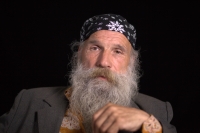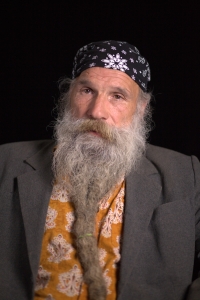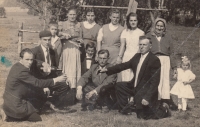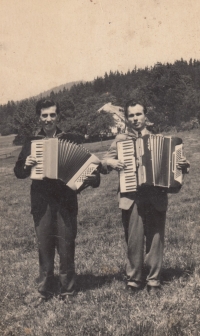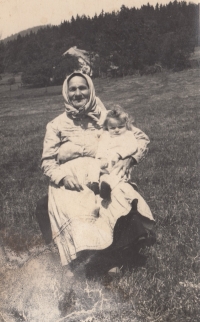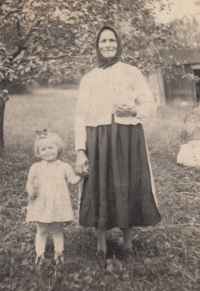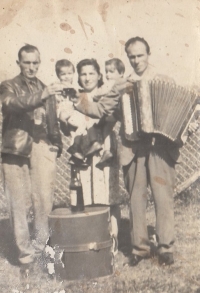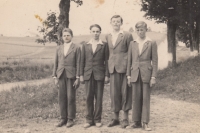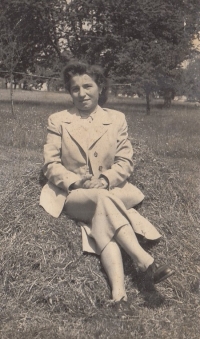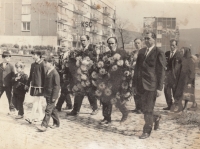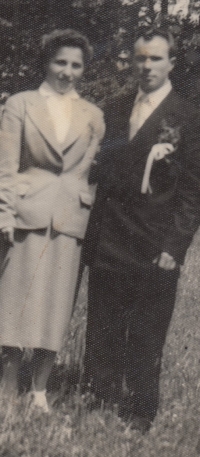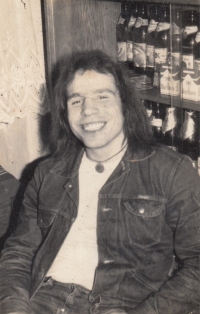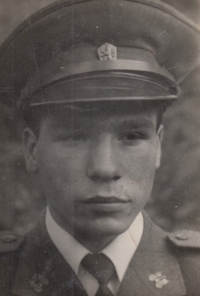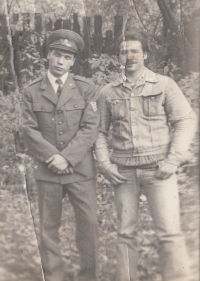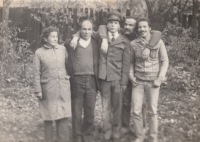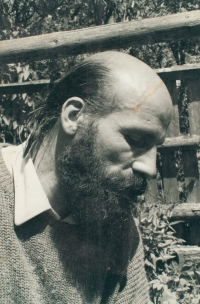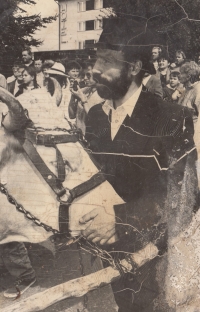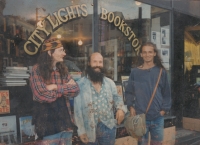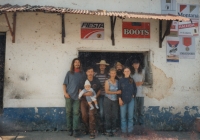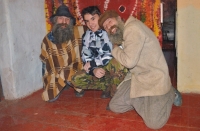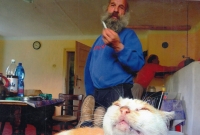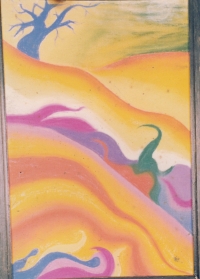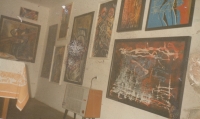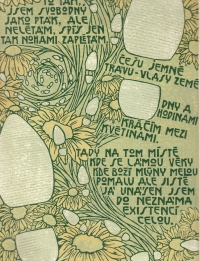My role was resistance, being against something

Stáhnout obrázek
František Klišík was born on 3rd May 1963 in Prachatice, he has a twin brother Ondrej. His father Ondrej Klišík and mother Antonie Horelicová were Slovaks from Romania, they grew up in Transylvania. They immigrated to Czechoslovakia during the settlement of the borderlands after the expulsion of the Germans. František Klišík prompted his father to write a memoir in which he describes life in his native Nový Šastelek and later in Stögr Hut near Volary. Stögrova Hut‘ changed from a village with a pub, a sawmill, a mill and a power station to a settlement with only a few houses, where only a few permanent inhabitants live, the brothers František and Ondřej Klišík are the last descendants of Slovaks from Romania. At school, the brothers from a poor family who could not speak Czech were bullied, so they disregarded it and dropped out of the seventh grade. Frantisek, like his brother Ondrej, trained as a bricklayer. After the war he joined the Lesostavby company, then went to work in a panel factory in Prague‘s Zahradní Město. In Prague, he lived in a community of little girls, got to know the authors of dissent, the philosopher Jan Patočka, the writer Egon Bondy, and the band The Plastic People of the Universe. In 1987, he returned to Šumava and lost his right arm in a sawmill accident. At the end of the 1980s he was active, together with Miroslav Crha, in the Movement for Civil Freedom (HOS) and the South Bohemian Dissent. After 17 November 1989, he helped to establish Civic Forums in towns and villages in the region. He soon left politics, as he was more comfortable with the role of „being against something“, and with seven years of primary school he did not feel up to public job position. Together with his brother Ondrej, they became one of the heroes of Aleš Palán‘s book „Rather go mad in the wilderness“. He lives with his brother in his family home in Stögrův Hut, earns extra money as a bricklayer, and organizes occasional concerts and exhibitions there.
